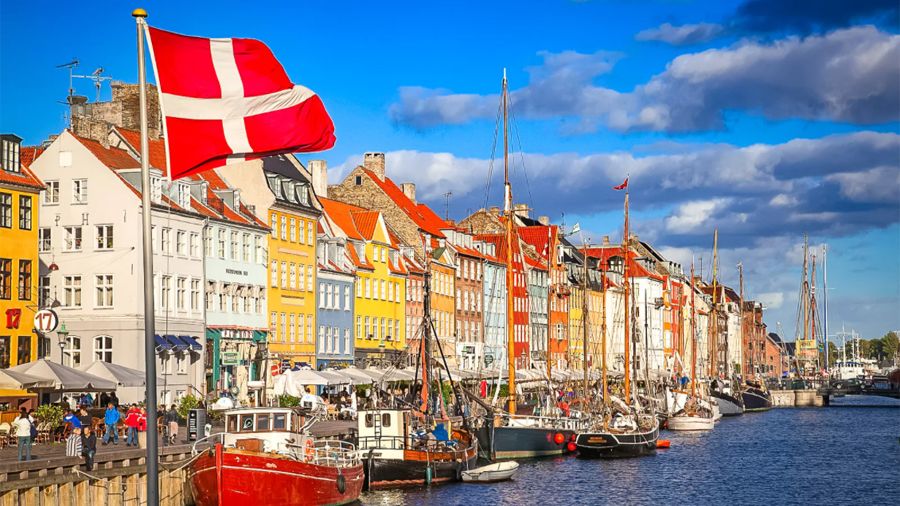Blockchain and big data technology can be used to fight administrative and political corruption, according to a report from the Danish Ministry of Foreign Affairs.
The ministry presented a report at the International Anti-Corruption Conference (IACC). According to the department, the blockchain will create a more transparent system for managing and tracking various financial transactions. In addition, distributed ledger technology (DLT) will give ordinary citizens more rights to their own data, ensuring their confidentiality.
The department noted another advantage of the blockchain – everyone has the same access to the data stored in the registry. This allows people to claim their own rights to material assistance, real estate, financial resources and others, without resorting to the services of intermediaries.
In its report, the ministry also noted that blockchain eliminates the need for banks, cadastral offices and accountants, as their tasks can be solved faster and more efficiently using the latest technology. The ministry added that if the blockchain is used on a massive scale, it will no longer be necessary to maintain books of births and deaths, as well as record car registrations, since all this information can be confirmed on the blockchain.
According to a study by the Danish Ministry of Foreign Affairs, blockchain will help organizations efficiently and securely share data with people without a bank account. In addition, DLT can be used in the public sector to protect various documents and prevent their falsification.
The ministry noted that blockchain can be confidently used as a tool to fight corruption, as this technology provides transparency and immutability of data. According to the department, transparent tracking of transactions will reduce the likelihood of receiving bribes, but this will only be possible if correct data is entered into the distributed ledger.
“Blockchain technology is as good as data is entered correctly. They cannot be removed from the registry, so any error can be fatal, ”the report says.
Note that last year, the Danish Ministry of Energy began to cooperate with the IOTA network to improve the efficiency of the energy sector. However, with respect to cryptocurrencies, the Danish government does not show such loyalty. At the end of last year, the Danish tax agency Skattestyrelsen asked cryptocurrency traders for detailed information on all digital asset transactions in the previous three years.







